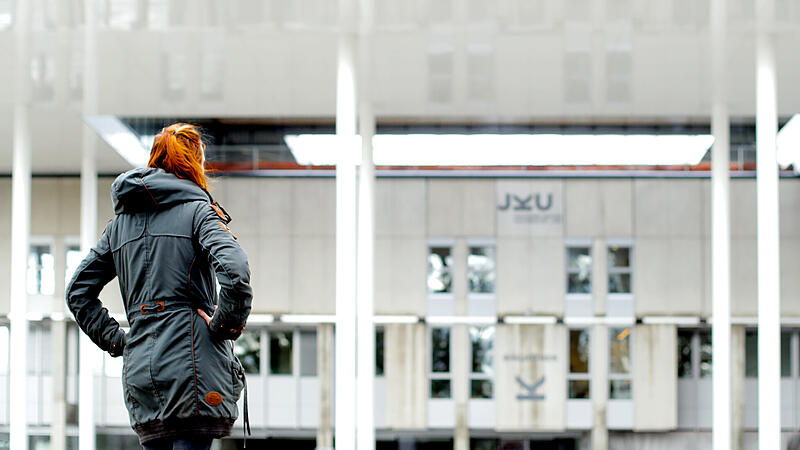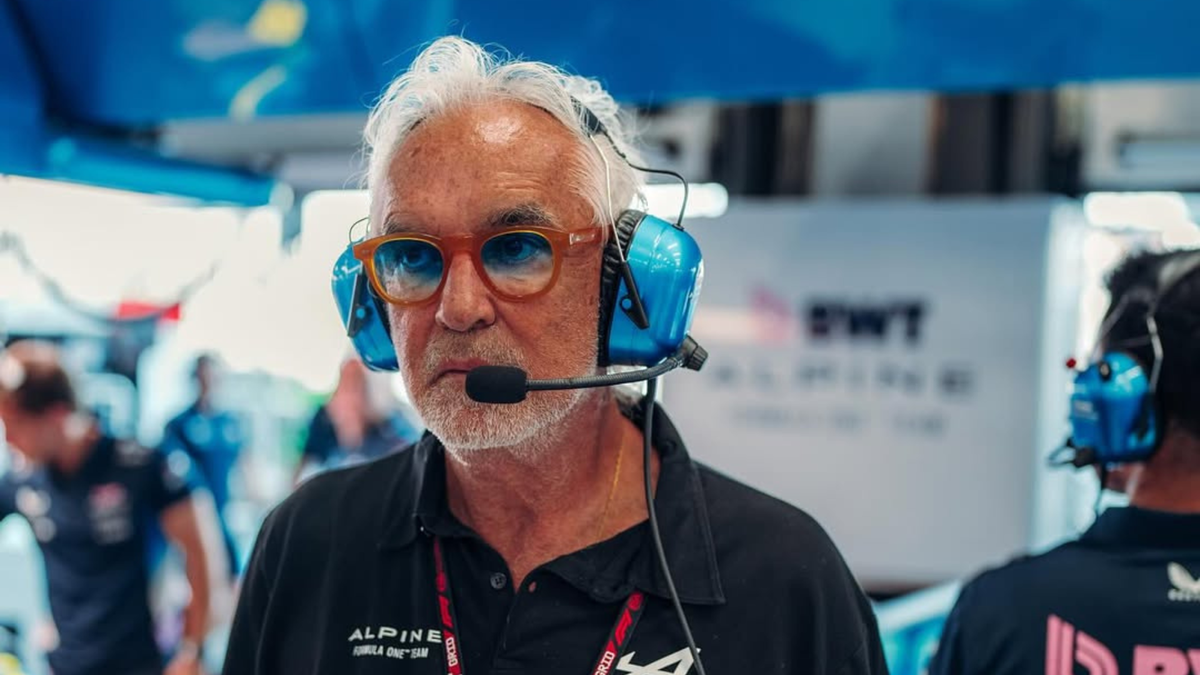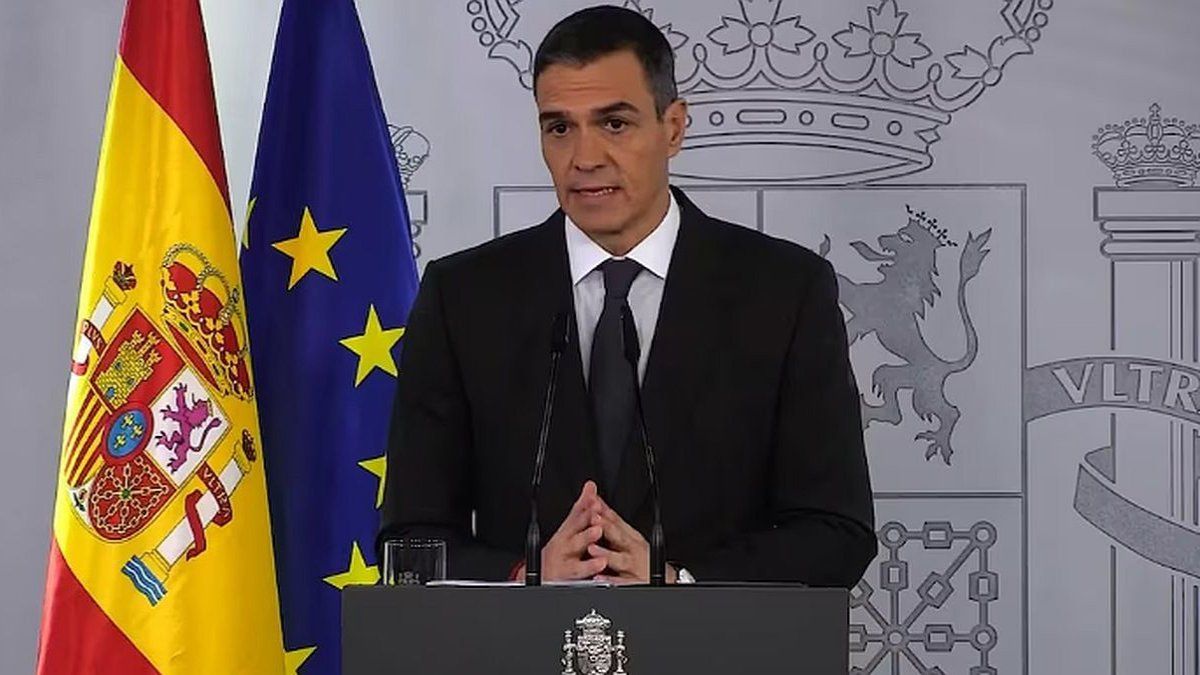Image: VOLKER Weihbold
It’s about the big questions of the future “the really difficult problems”summarizes Armando Rastelli, JKU scientist from the semiconductor physics department. “We must all work together to solve this.” Starting next summer, five clusters of excellence – associations of several Austrian universities and research institutes – will start cooperative projects at eleven locations on a scale unprecedented in Austria – researchers from the JKU are also prominently represented. With a total of 135 million euros, the initiatives are made possible by the FWF, the fund for the promotion of scientific research.
The teams led by Rastelli and Richard Küng from the Institute for Integrated Circuits have dedicated themselves to quantum technology. Rastelli deals with the topic on a physical level, Küng on a computer level. For example, one wants to explore the relationship between gravity and quantum physics, says Rastelli. Although much progress has been made, many questions remain open. For the award of the 21 million euros in funding, something special was considered, says Küng. “We want to structure the financing flexibly – a sort of competition of ideas in which young researchers have just as much opportunity as established ones.”
A second cluster of excellence with JKU participation is also being funded: Alexander Moschen from the Medical Faculty and Peter Hinterdorfer from the Institute of Biophysics, together with colleagues from different research institutes, are addressing the question of how microorganisms influence health – both that of the planet and that of humans . “Microorganisms affect the climate on a large scale and human health on a small scale”says Moses.
The consortium will receive 21 million euros from the FWF for the next five years, after which it will be evaluated and – so it is hoped – extended for five years. “The aim is to bring together experts from different disciplines”, says Moses. In addition, research technologies and possible applications for microorganisms are being developed – for example in diagnostics. The training of future experts in this field is also a focus – one “Austrian School of Microbiome Research” should arise. After two years of planning, the cluster will start work in August. “Now it’s getting serious. The clusters are a huge opportunity for Austria as a research location”says Moses.
Source: Nachrichten




